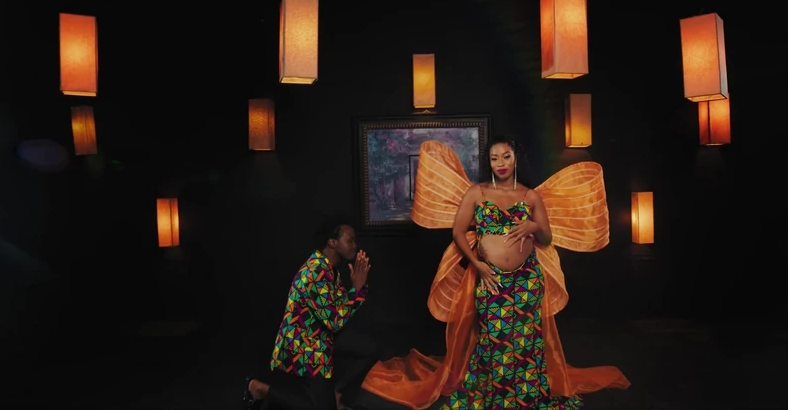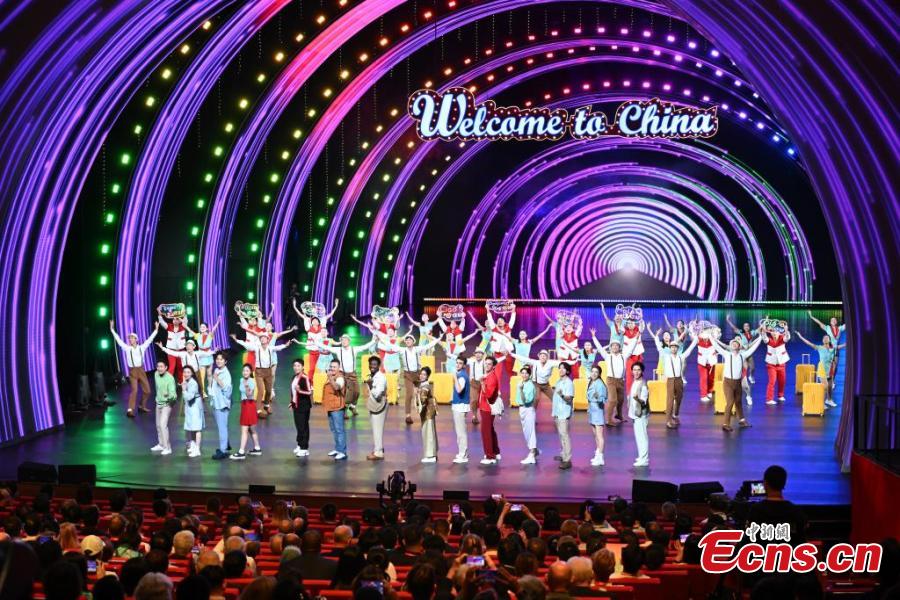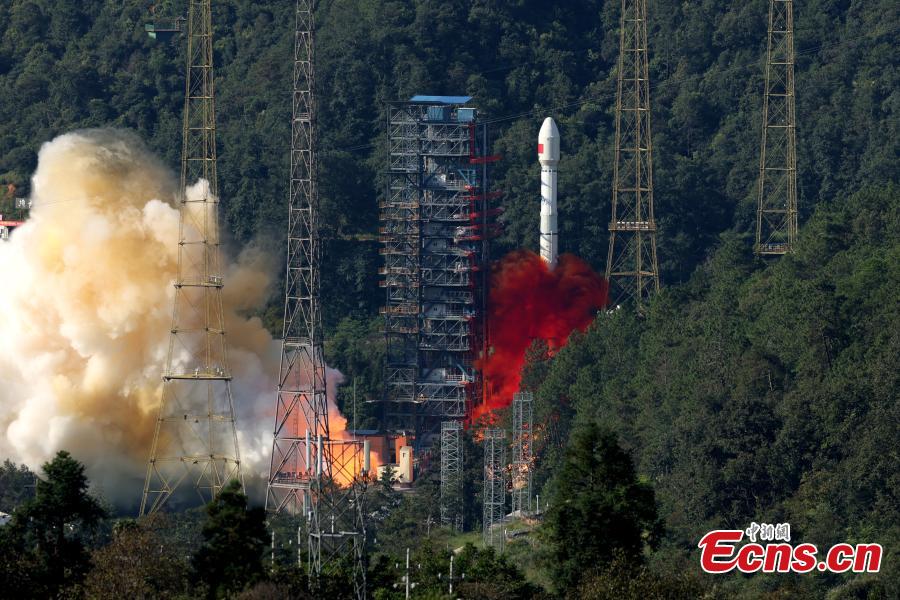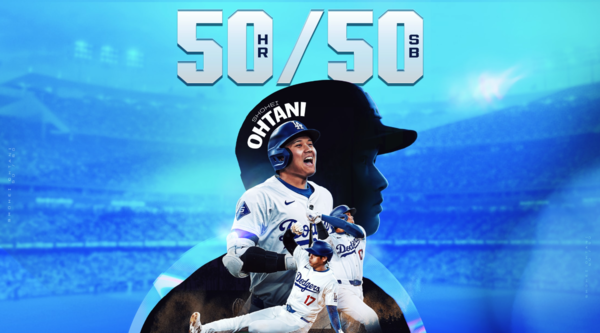
The Forum for Democratic Change (FDC) Katonga faction remains adamant about using royal blue and white as the colours for their proposed political party, the People’s Front for Freedom (PFF). This follows a letter from the Electoral Commission (EC) last week, which noted that both the name and colours intended for PFF have already been claimed by existing political parties. In a letter signed by Russel Jacques Leonard Mulekwah, the secretary of the Electoral Commission, it was stated that the initials “PFF” and the royal blue colours are not permissible due to complaints raised by the People Power Front (PPF) and the FDC.
“The submissions in respect of the name of the proposed political party, People’s Front for Freedom (PFF), closely resemble an already reserved political party name— People Power Front (PPF)—which is likely to confuse members of the public. The choice of white and royal blue as colours closely resembles that of the Forum for Democratic Change (FDC) and is likely to confuse the general public,” the letter partly reads. However, Erias Lukwago, president of the FDC Katonga faction, argued that the EC’s objections are simply an attempt to block the party from registering.

Lukwago countered the EC’s position, asserting that the Political Parties and Other Organizations Act, which governs political party formation, does not mandate the reservation of a party name prior to registration. Lukwago emphasized that the EC is required to issue registration forms to any citizen expressing interest in forming a political party, and any challenges should be addressed only during the actual registration process. “Notwithstanding the fact that the promoters furnished the Electoral Commission with the full particulars of the name, colours, symbol and slogan, it should not be interpreted as a mandatory requirement by the EC at this preliminary stage.
For clarity, those particulars, along with the party constitution, are only required to be submitted when returning the registration forms with signatures of subscribers,” Lukwago explained. In response to the FDC’s complaint about PFF’s use of blue, Lukwago stated that no entity can patent a primary colour. He also noted that the FDC itself uses multiple colours, including blue, red and yellow.
The allegation of similarity in colours between the proposed People’s Front for Freedom (PFF) and the Forum for Democratic Change (FDC) is baseless, according to Erias Lukwago, president of the FDC Katonga faction. Lukwago argues that the royal blue the PFF seeks to use is distinct from the sky blue registered by the FDC. “The framers of the Political Parties and Other Organizations Act did not intend to create a situation where primary colours could be exclusively patented by a single party.
If that were the case, there would only be three political parties, each corresponding to one of the three primary colours: red, blue and green,” Lukwago explained. Regarding the party name, Lukwago contends that the People’s Front for Freedom is distinctly different from the People Power Front (PPF). He argued that no entity can claim ownership over a single letter and that the PPF’s claim to have already reserved the name is insufficient.
Lukwago further noted that, while the law prohibits registering a new party with a name too similar to an existing one, PPF itself is not yet registered. “We wish to emphasize that the reservation of a name has a time frame, which the Electoral Commission has not clarified. Moreover, the two names and acronyms—PPF and PFF—are entirely different.
No political entity can patent a letter or word. That’s why the Electoral Commission registered the Democratic Party (DP), Social Democratic Party (SDP), People’s Development Party (PDP), and People’s Progressive Party (PPP), among others,” Lukwago added. Weighing in on the debate, David Lewis Rubongoya, secretary general of the National Unity Platform (NUP), accused the Electoral Commission (EC) of double standards.
Rubongoya pointed out that the same EC, which reserved the name People Power Front, fully aware that NUP’s slogan is “People Power, Our Power,” is now opposing the registration of a party with an entirely distinct name. “We are not behind the People Power Front. The people behind it are those who have been fighting us while hiding behind the law.
They are trying to steal our identity, and we want to make it clear that those are not us. We’ve long said that the EC is not impartial, and this is further proof, as they refuse to register the People’s Front for Freedom,” Rubongoya stated. Last week, EC spokesperson Julius Mucunguzi clarified that the letter sent to PFF promoters was not a directive but simply an advisory.
Lukwago, however, has warned of a legal showdown if the EC does not provide the necessary forms for PFF’s registration..










